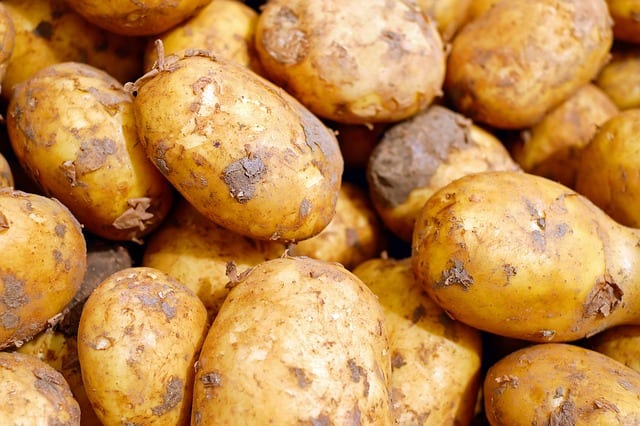Potato’s tetraploid genome requires a more powerful genome editing system. Scientist Hiroaki Kusano, of Tokyo University of Science, and colleagues apply the translational enhancer dMac3 to the Cas9 expression vector to increase the amount of Cas9 proteins produced inside potato cells.
dMac3 is a 161-bp region of the OsMac3mRNA, which promotes efficiency of translation in the nearby gene. By engineering it to a developed Cas9 system, the researchers find increased efficiency of targeted mutagenesis in the potato gene GBSSI. GBSSI mutants show low amylose starch content in the tubers, a favourable trait in potato. They particularly observe 28 per cent of plants with mutations for all four copies of GBSSI in the tetraploid genome, emphasizing the usefulness of the enhancer in polyploid genome editing. The researchers also elaborate on the enhancer’s contribution to more efficient targeted mutagenesis in the paper.











